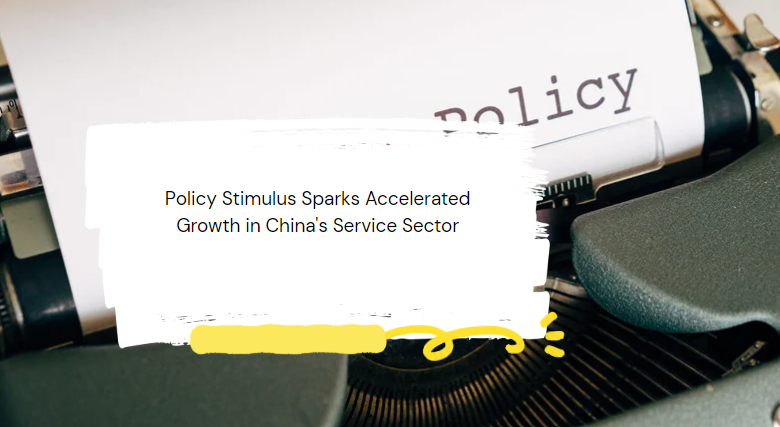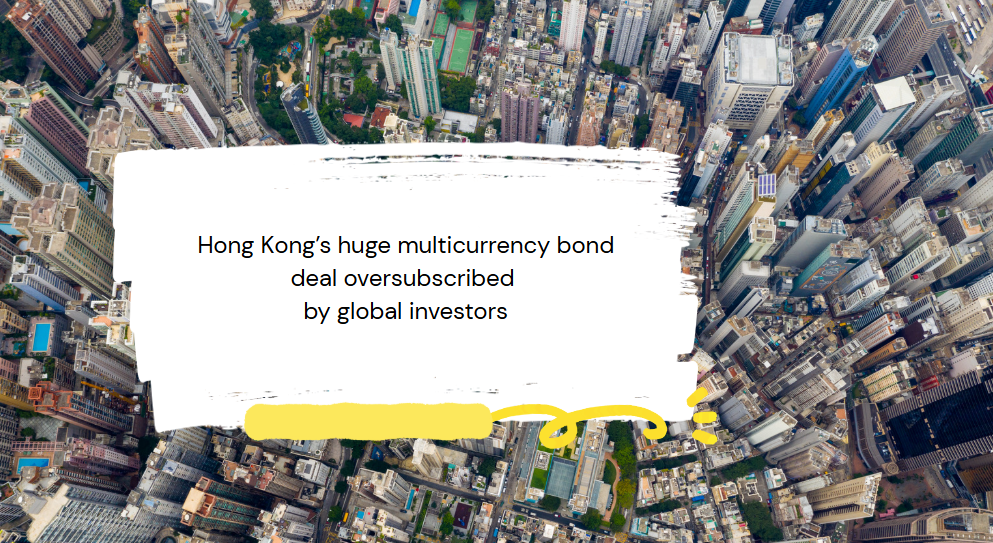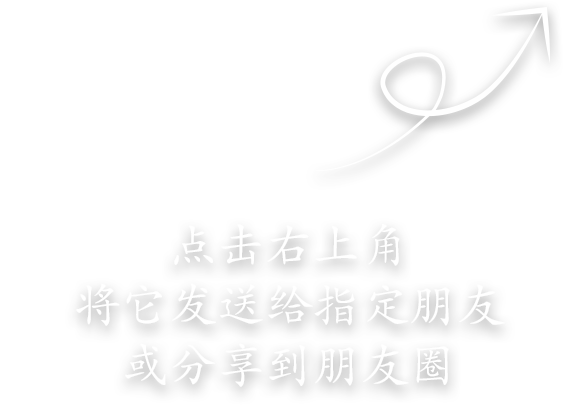BRICS Bank’s Green Push: RMB 1.2 Billion Syndicated Loan Backs China's Environmental Leap Beyond Major Citiesz
This article contains content assisted by AI creation.
A RMB 1.2 billion syndicated loan signed by the New Development Bank (NDB), the Bank of China, and Haitong Unitrust International Financial Leasing is quietly reshaping how green finance flows into China's underserved regions. With funds earmarked for projects in wastewater treatment, solid waste management, and waste-gas power generation, the deal signals a growing preference for blended finance structures that reach well beyond the country's largest urban centers.
Green Leasing with Broader Ambitions
The financing will enable Haitong Unitrust to lease essential environmental equipment to local operators, creating a ripple effect that supports decarbonization at the industrial edge. NDB is contributing over RMB 713 million, while the Bank of China adds RMB 500 million — a dual-engine arrangement designed not only to address climate challenges but also to promote more balanced regional development.
The project stands out for its intent: to channel capital into areas often overlooked by global capital markets. By choosing to invest beyond first-tier cities, the loan acknowledges the environmental potential — and the financing gap — in China's hinterland.

From Sovereign Loans to Market Catalysts
“This initiative addresses the need for climate resilience and environmental protection while expanding investment to less-developed regions in China,” noted Vladimir Kazbekov, Vice President and Chief Operating Officer of the NDB. The loan is aligned with the bank's 2022–2026 General Strategy, which calls for increased use of local currencies and a deeper engagement with the private sector.
Kazbekov emphasized that the shift from traditional sovereign lending to non-sovereign project financing reflects a long-term evolution in the institution's development model — one that leverages market forces and broadens the toolkit for sustainable development.
Haitong Unitrust: Scaling ESG Through Innovation
For Haitong Unitrust, this transaction goes beyond capital infusion. It represents a turning point in its ESG strategy and a testbed for future innovations in equipment leasing. “The funds provide solid momentum for advancing green infrastructure,” said Mao Yuxing, Vice President of Guotai Haitong. He emphasized the company's goal to integrate finance and industry in ways that support environmental progress at scale.
It's also a milestone: this marks Haitong's first syndicated loan dedicated to green projects — a move the company sees as foundational to deeper partnerships with international financial institutions.
Syndication as a Bridge, Not a Buffer
The structure of the deal reflects a broader market truth: environmental transitions are complex, and effective financing demands flexibility. Syndicated loans — particularly those combining multilateral and commercial participation — offer a path forward. They distribute risk, signal regulatory alignment, and ensure project-level accountability.
For the Bank of China, the loan continues its role as a strategic partner to both Haitong and the NDB. “We remain committed to supporting clients who prioritize ESG principles as part of long-term strategy,” said Wang Xiao, President of the bank's Shanghai branch.
A Blueprint for Emerging Market Finance
The implications of this financing extend well beyond China's borders. For international banks, ESG consultants, and development specialists, the loan offers a preview of how green finance might evolve across emerging markets: through partnerships, localized deployment, and asset-based financing that's responsive to environmental urgency.
For technology providers and project developers, the emphasis on equipment leasing opens opportunities in sectors often deemed too fragmented for large-scale investment. For regulators and risk managers, the deal offers a model of how multilaterals can de-risk early-stage investments and guide capital toward harder-to-reach impact zones.





















































First, please LoginComment After ~